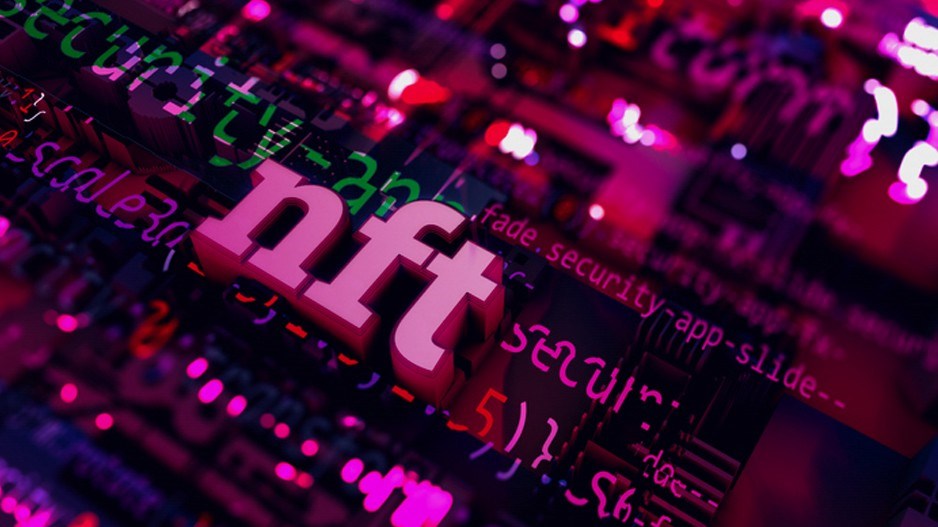The metaverse has become prominent in popular discourse ever since Facebook announced it was changing its name to Meta Platforms Inc. (Nasdaq:FB), but the concept has been a long-term project of the wider tech community.
Popular multiplayer online games introduced in the early 2000s were a form of the metaverse. Games like World of Warcraft and Habbo Hotel, which offer digital assets for purchase, are the blueprint for what the metaverse will look like. And as long as assets are involved, the financial industry will have a role to play in that arena.
The online multiplayer game Habbo Hotel demonstrates how digital assets could exist in the metaverse. In the game, a player’s avatar can explore a virtual hotel and chat with other online players.
Participants can create and furnish their own rooms in the hotel. But only a limited number of unique furniture pieces are released, making them rarer and thus more valuable. This can be incorporated in the metaverse, where unique digital assets are bought and sold for cash or cryptocurrency. Digital assets can be made unique by putting them on the blockchain as non-fungible tokens (NFTs), which represent someone’s ownership of a digital file.
Matthew Unger, CEO of iComply Investor Services Inc., a Vancouver-based compliance platform for digital finance, said businesses will form to facilitate the sale, management and legal compliance of digital assets – whether they’re a specific plot of land in a digital universe, a piece of digital art or some other unique asset.
“You already see this where someone will create a virtual, meta world and every block of land has an NFT where you can purchase it,” Unger said. “That uniqueness and verifiability can create all kinds of [business].”
But not everyone is as confident that the metaverse and digital assets will evolve to a point where fintech firms will be needed to help manage, sell and otherwise deal with them.
“The question I would ask: Is this going to be an actual thing?” said Catherine Dahl, co-founder and CEO of Beanworks, a Vancouver-based fintech company.
“Just because Facebook is doing it, doesn’t necessarily mean it’s going to take off. It’s amazing how people get behind some of these trends, and they flush out to being impractical. I do think this is going to be a fad; we’ll see how it goes.”
Dahl said the metaverse may affect the consumer experience for fintech companies and traditional financial institutions by creating virtual branches in the metaverse and allowing people to meet with their advisers in a new unique way. But outside of the consumer-facing experience and e-commerce applications, Dahl doesn’t expect big metaverse changes for the fintech industry, at least not any time soon.
Some traditional financial institutions, including many in South Korea, have already started using the metaverse in this way. NH Investment & Securities (KRX:005940) recently launched its own metaverse platform where customers can interact and attend investment analysis seminars, and IBK Investment & Securities is planning to launch a metaverse banking branch in early 2022 that will enable customers to bank virtually within the metaverse. •




